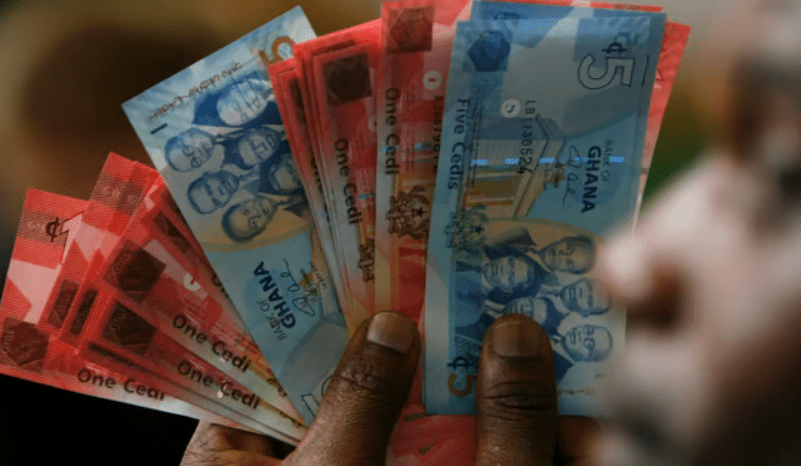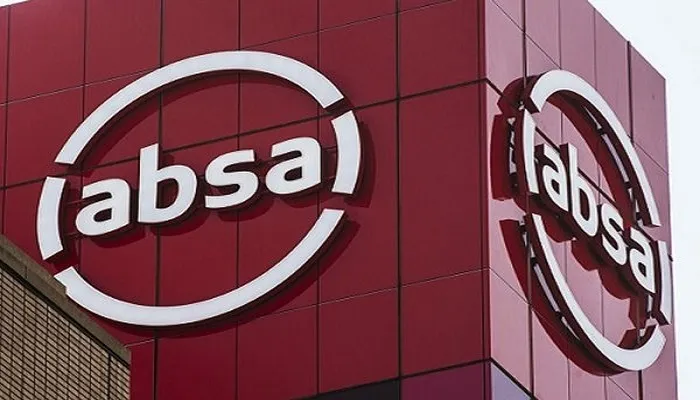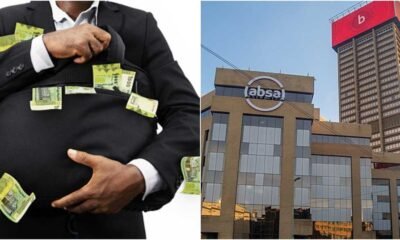News
Cedi’s 19% Surge May Be Short-Lived – ABSA Sounds the Alarm
Published
7 months agoon
By
M N Ridwan
Ghana’s cedi has shocked markets with a strong rally, gaining 19% in just one month — rising from GHS 15.50 to GHS 13.05 per US dollar.
But ABSA Bank is warning Ghanaians not to get too comfortable just yet.
In its latest “Ghana Market Insight” report, ABSA says the cedi’s sharp appreciation has gone beyond what the country’s economic fundamentals can support.
The bank warns that the currency is now overvalued by almost 20%, its most extreme level in more than a decade.
The cedi’s strength has been driven by a combination of factors: record-high gold prices, solid cocoa exports, and a rebound in foreign exchange reserves — which now cover three months of imports, up from just 1.8 months last year.
Analysts point to rising global demand for gold, fueled by geopolitical uncertainty, and Ghana’s stable cocoa production, which has stood firm even as neighboring countries struggle with poor harvests.
But according to Nikolaus Geromont, ABSA’s Lead Analyst for Sub-Saharan Africa, the current rate is unsustainable.

“While the fundamentals have improved, the cedi’s rally has clearly overshot. A correction is likely, with the currency expected to weaken to around GHS 14.00 per dollar by the end of the year,” he said.
ABSA’s forecast suggests that the cedi will average GHS 14.16/USD throughout 2025 — a bit stronger than in 2024 but more balanced in terms of real purchasing power.
While major gold mining projects like Cardinal-Namdini and Ahafo South are set to increase Ghana’s reserves in the coming year, ABSA believes a gradual weakening of the cedi would help the country stay competitive in exports and avoid derailing its recent economic progress.
The bank also emphasized the need for a stable, realistic exchange rate that reflects market fundamentals and doesn’t harm trade performance.
As the country continues to recover from years of economic challenges, including inflation and external shocks, analysts agree that Ghana must tread carefully. While the current rally may feel like a welcome break, it could also be the calm before the storm.











